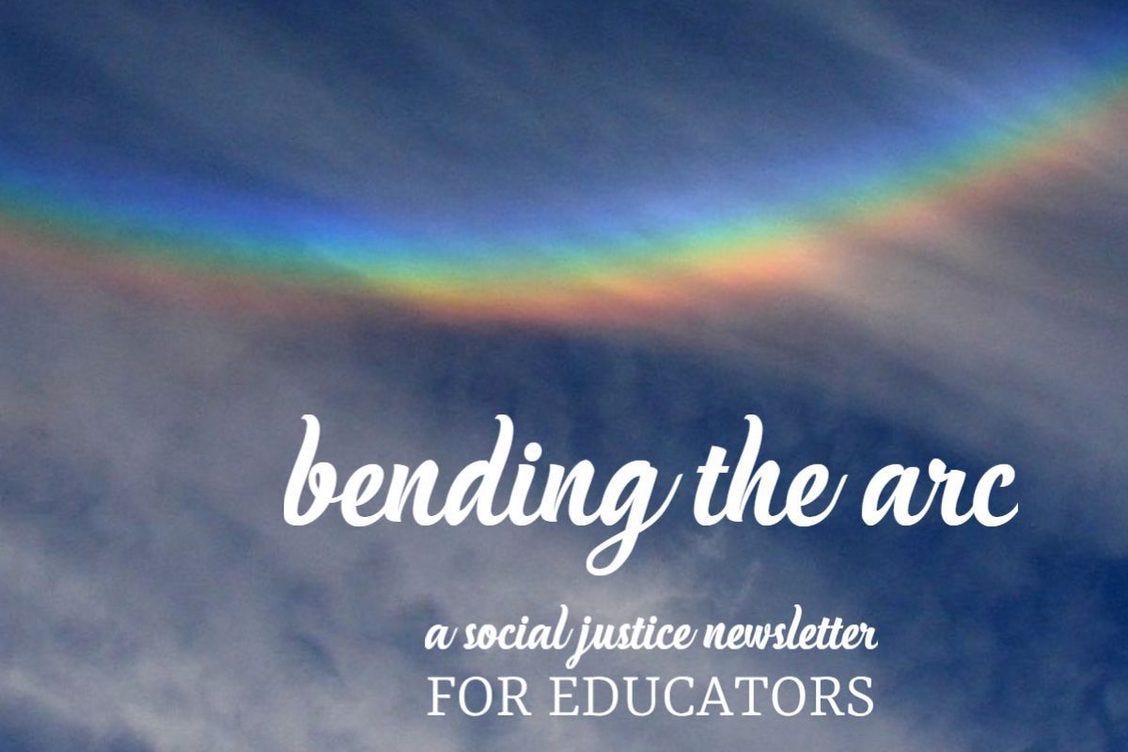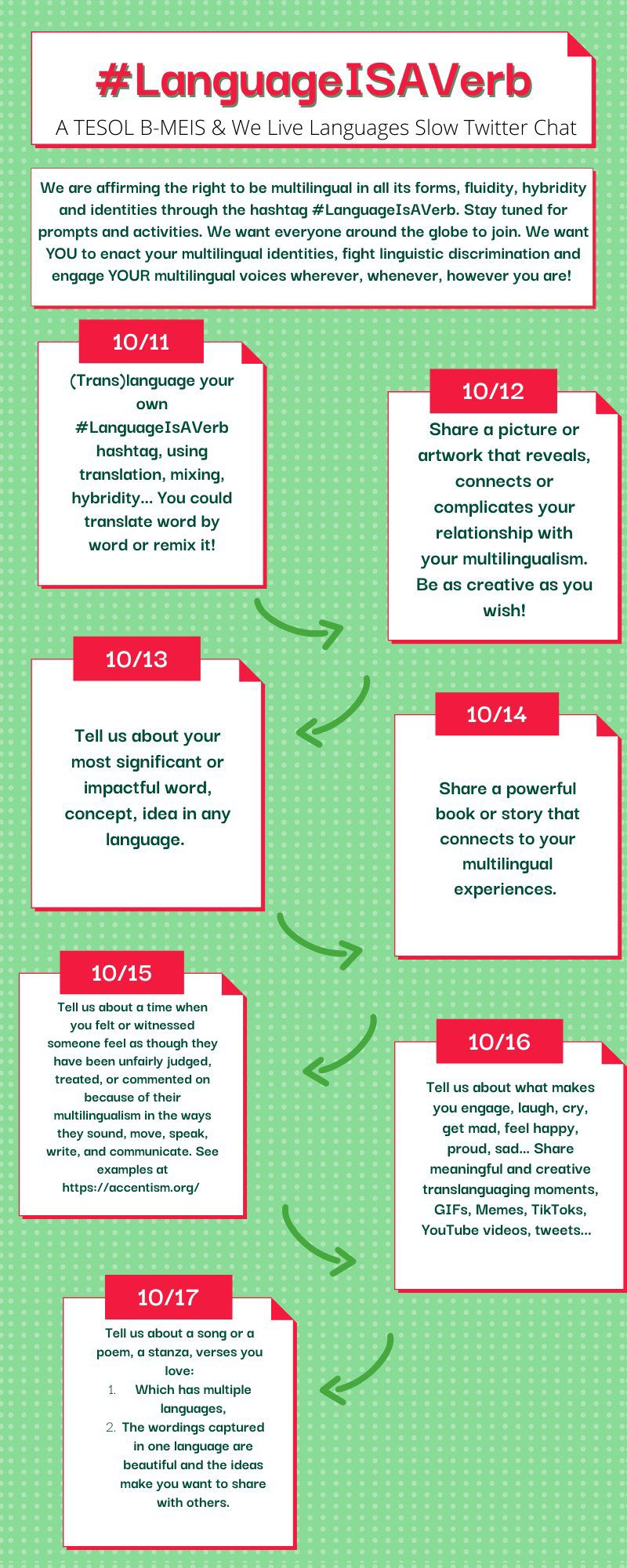“Let me tell you bout
journeys and destinations…
Sometimes it’s all about la llegada,
having found yourself in a place you meant to go.
A veces se trata del camino,
the llegando, the going, the moving, the flow.
Both And Always there is the truth of arrival in each step
crossing the fickling fronteras of the Aireaguatierraluz,
and ever at the center of your own geographies.”
From “Trans”, A meditation on a prefix, Olivia Mulcahy
Alas, Here We Are Again…
Preface
If it is only now dawning on you that we are about to pack up another calendar year and put it in the box labeled “global pandemic,” welcome to the club. If this year has felt like more of a grind than usual, it’s also not surprising; we’re still very much in the process of dodging illness, ignorance and a host of related circumstances. We don’t just feel tired, we are tired. I want to acknowledge that before we proceed any further. I’m a firm believer in honesty and compassion. Let’s be both frank and compassionate with ourselves and each other. Let’s acknowledge where we’re struggling and offer comfort where we can. Maybe that’s the best we can do for now.
Language Matters
I wanted to use this month’s missive as an opportunity to share resources on multilingualism and what we can do to promote more linguistically inclusive environments at school. In November, I had the privilege of attending the Association of International Educators and Leaders of Color (AIELOC) Conference. Among the deeply engaging speakers was Ceci Gomez-Galvez, an expert on translanguaging and culturally responsive teaching. Watch this brief video (under 5 min) in which she describes her approach and what led her to it.
Note that her emphasis is on students being encouraged to tap into and use their full linguistic repertoire to access and work through the curriculum. Behind that is the acknowledgement of the ways that students (and staff, for that matter) can experience language oppression in which one language is privileged above all others; where non-dominant languages are discouraged and potentially even disparaged. Language oppression also includes the creation of hierarchies in which certain languages enjoy higher regard than others.
Certainly my own experience as a parent of bilingual Austrian-American children bears this out. When my oldest son attended a local Viennese kindergarten, the fact that he was bilingual and could speak English was lauded daily. At the same time, it was also true that most of his peers were also bi- and multilingual, but their native tongues were actively devalued. They spoke Turkish, Serbo-Croatian, Polish, Slovak and Russian.
Privilege comes in many flavors and we need to be wise to all the ways we signal to students and colleagues whose first language is not English that we have bought into a false linguistic hierarchy.
#LanguageIsAVerb
Dr. José Medina has reached huge audiences with his TikTok videos promoting translanguaging particularly among Latinx folks in the US. Like Olivia Mulcahy’s poem quoted above, he draws from the richness of English and Spanish to compose messages that speak to the mind as well as the heart. Watch this short TikTok of encouragement for Spanglish speakers. His charm is infectious!
To encourage storytelling and reflection around translanguaging, please have a look at the graphic below provided by TESOL’s Interest Section for Bi- and Multilingualism. It’s a series of prompts for a week long slow chat on Twitter under the hashtag #LanguageIsAVerb. Some of these might be of interest for all sorts of gatherings with students and/or colleagues.
Something I realized as I prepared this newsletter is that I have often withheld my German language ability from students. Looking into the translanguaging literature has made me question why. Who benefits when I maintain a veneer of monolingualism? What might I discover with students if I shared more of my linguistic repertoire with them? These are fascinating and important questions which also remind me why I persist with this newsletter: to expand my own learning and share it with you.
As you prepare yourself to ring in a New Year, please remember to rest well, protect your peace and nourish your curiosity. Thank you for continuing to support this experiment. We’re better together!
Take care,
Sherri



